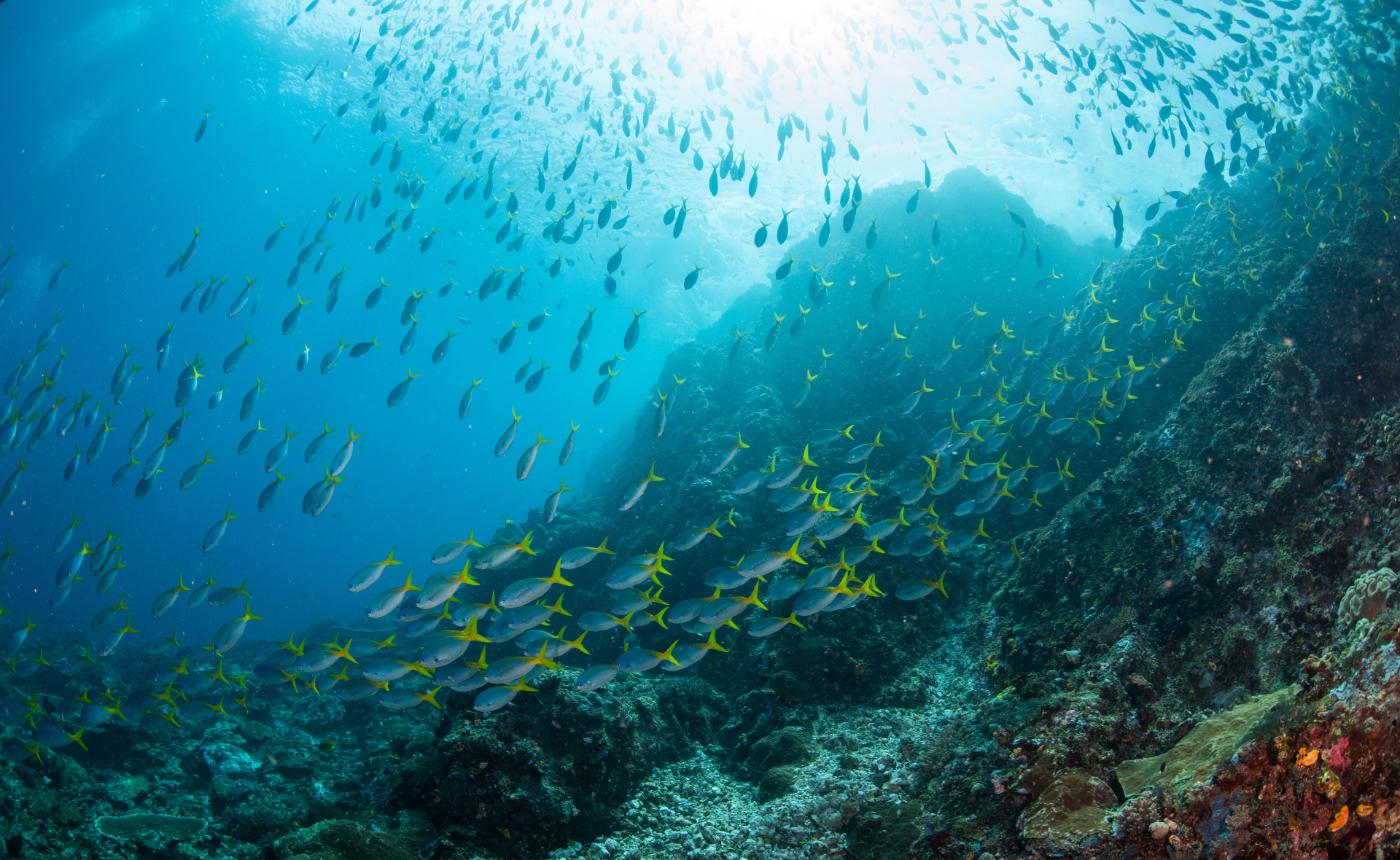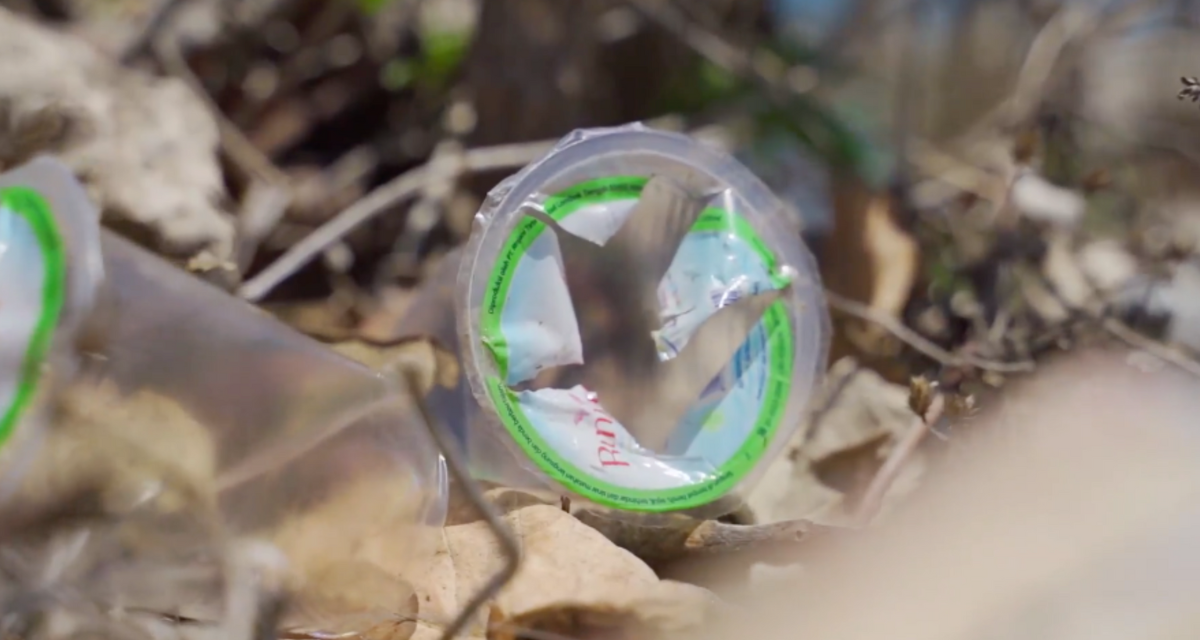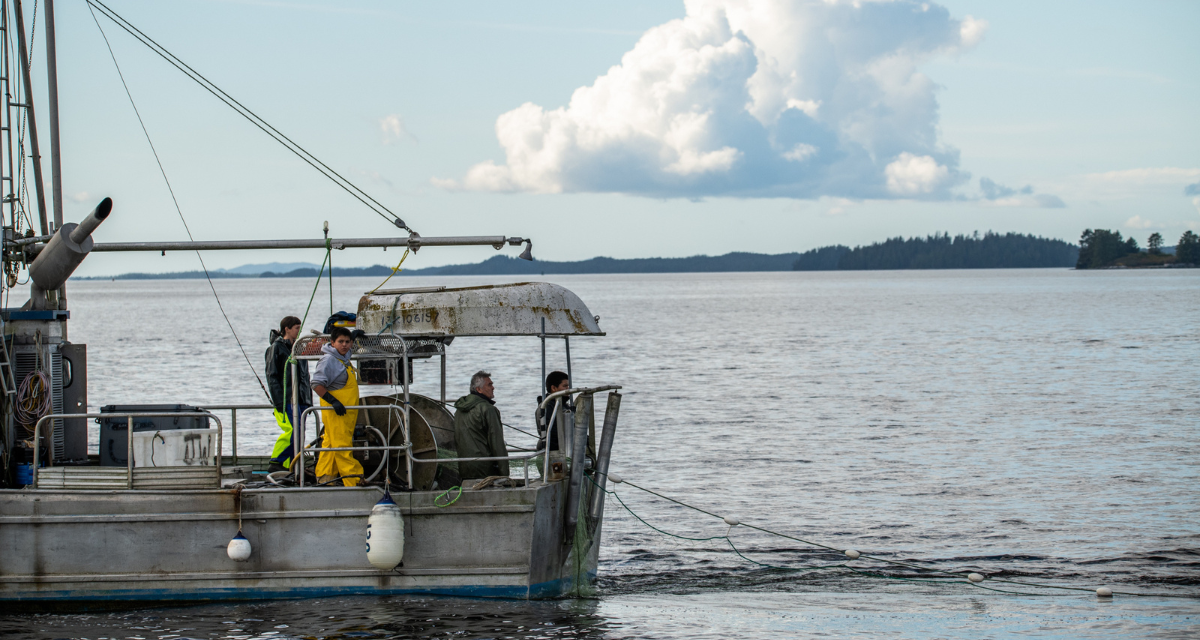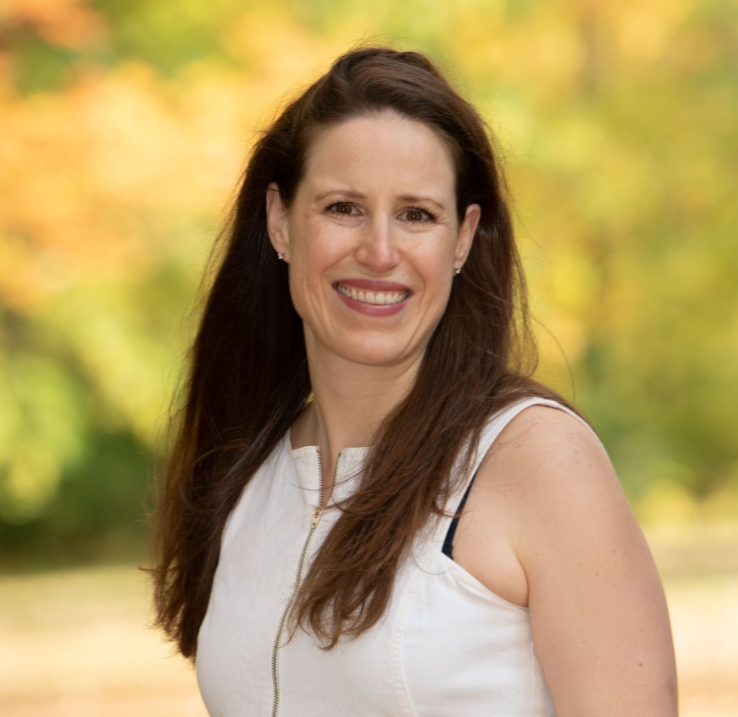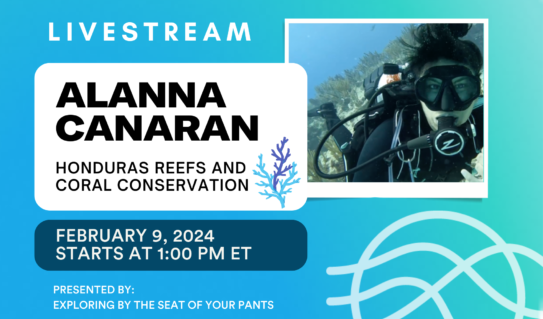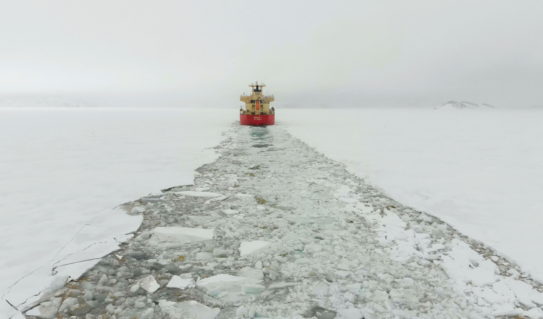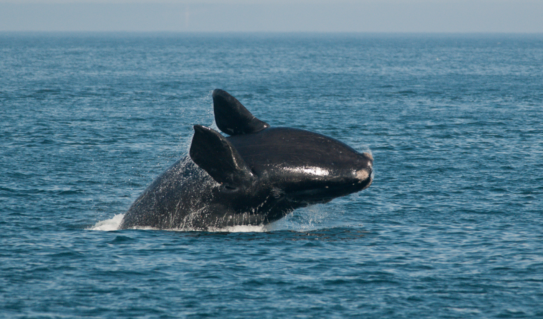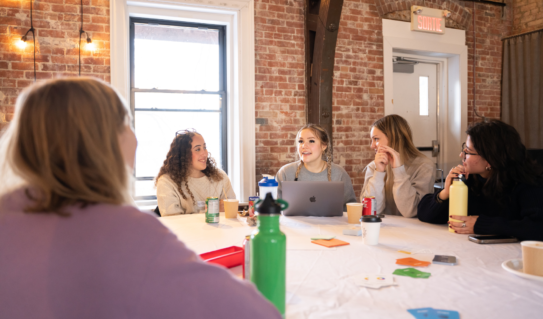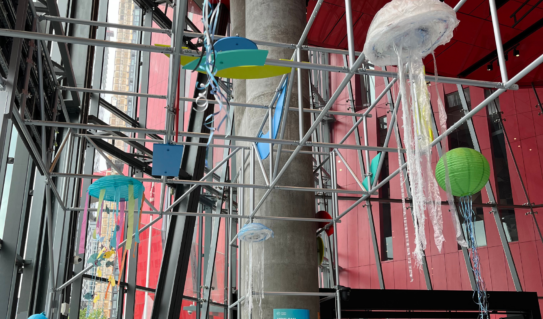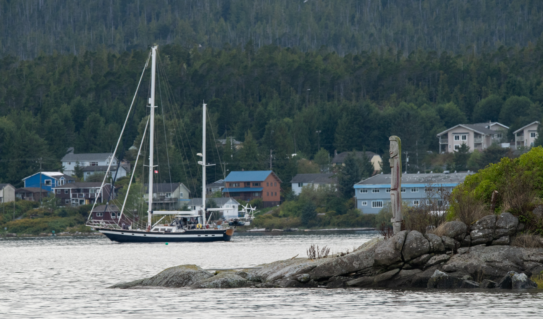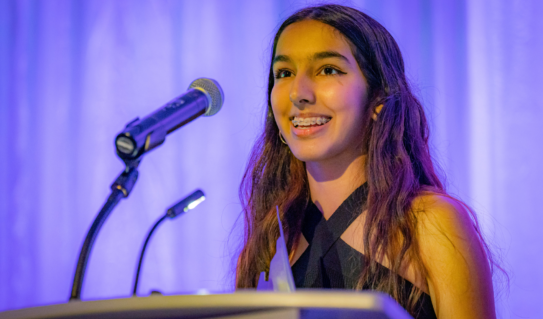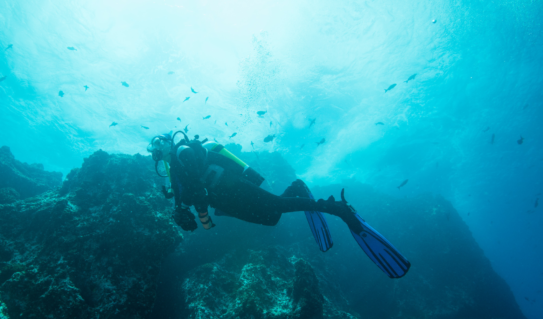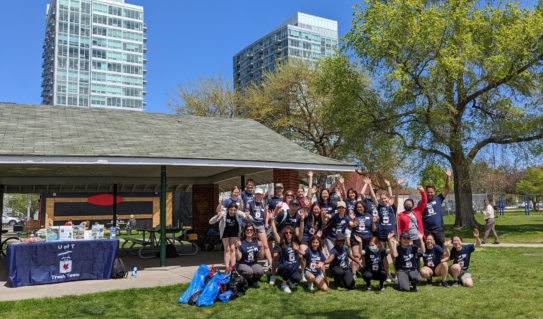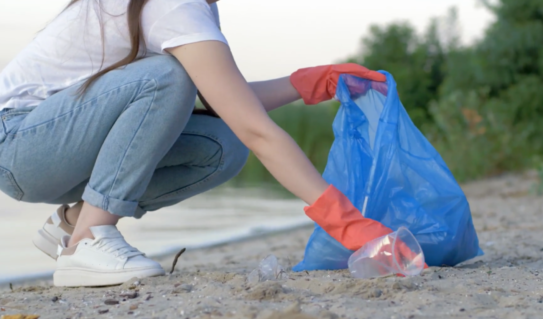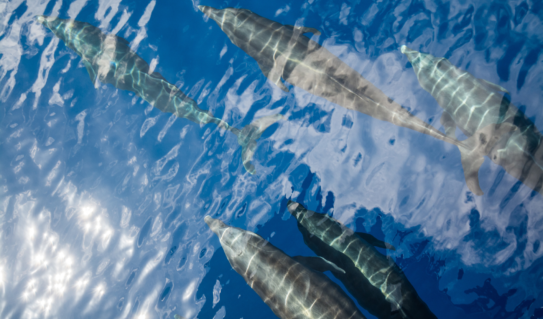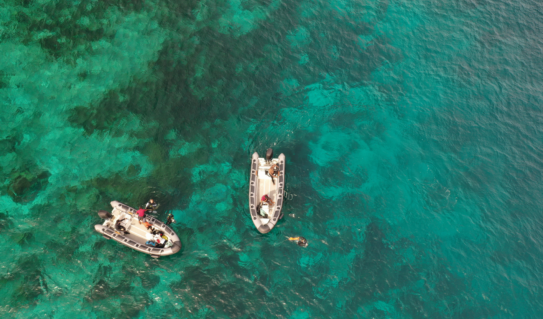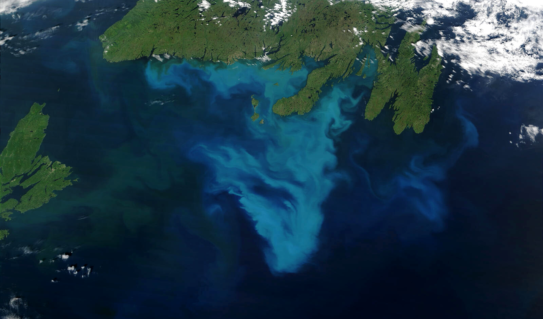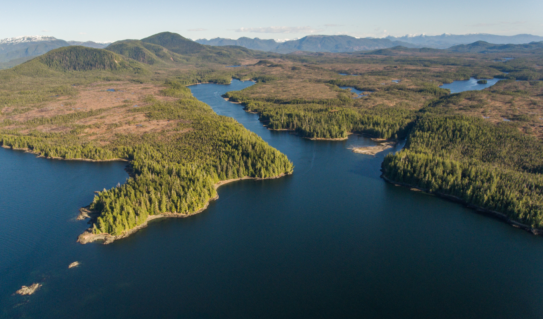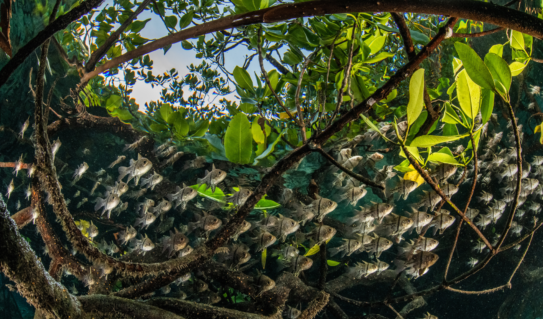June 8 is World Ocean Day. On this one day each year we pause to celebrate our global ocean, which gives us oxygen, food, medicines, energy, and which holds in its depths such cultural and spiritual significance. The ocean is the cradle of all life on Earth; it shapes the land we live on; and it gives us a means to connect with one another across the globe – 90% of the world’s goods are shipped by sea. Ocean health is required for the long-term health of the planet and all of humanity. Our ocean is worth celebrating, and this year, there’s lots to celebrate.
In the last six months, two global agreements have been reached concerning how we govern and protect our ocean. In the fall of 2022, in Montreal, countries came together and agreed on a global biodiversity framework that includes the goal of protecting 30% of all of the world’s land, freshwater and ocean water area by 2030. And in March of 2023, global negotiations on how we will manage, protect, and derive benefits from the biodiversity of the high seas (the ocean space away from the coast, not owned or regulated by a country), were resolved, and a high seas treaty was agreed-upon. The negotiations that began nearly twenty years ago, in 2004, have resulted in a legal instrument that gives us a way to work together across the world to ensure we have a healthy and productive ocean.
This year’s World Ocean Day theme reflects these, and many more, positive changes for our future ocean: Planet Ocean: Tides are Changing. No matter where you are in the world, you can feel the immensity of the tides turning, reversing course. Close your eyes. Feel the strength of all of our collective actions pushing together, changing the tides on ocean health.
In Canada, we can feel the tides changing in many ways. Our country has become a powerhouse for ocean literacy. Last year, over 160 events were held across the country for Ocean Week Canada; even more are planned for 2023. Over the last five years, the Canadian Ocean Literacy Coalition has grown a community of people working to increase Canadians’ relationship with the ocean and their local waterways. Since launching in 2018, Ocean School, which aims to empower people with knowledge, tools, and inspiration so that they can take action for the ocean, has connected with over 3 million people on social media and has had 460,000 teaching sessions on it's platform across Canada, USA and France. Ocean Networks Canada is teaching students how to use ocean data to increase ocean stewardship and climate action. Ocean Wise recently launched education kits on species at risk, ocean plastics, and the UNESCO-designated biosphere site, Átl’ḵa7tsem/Howe Sound, a coastal fjord ecosystem in the Salish Sea.
